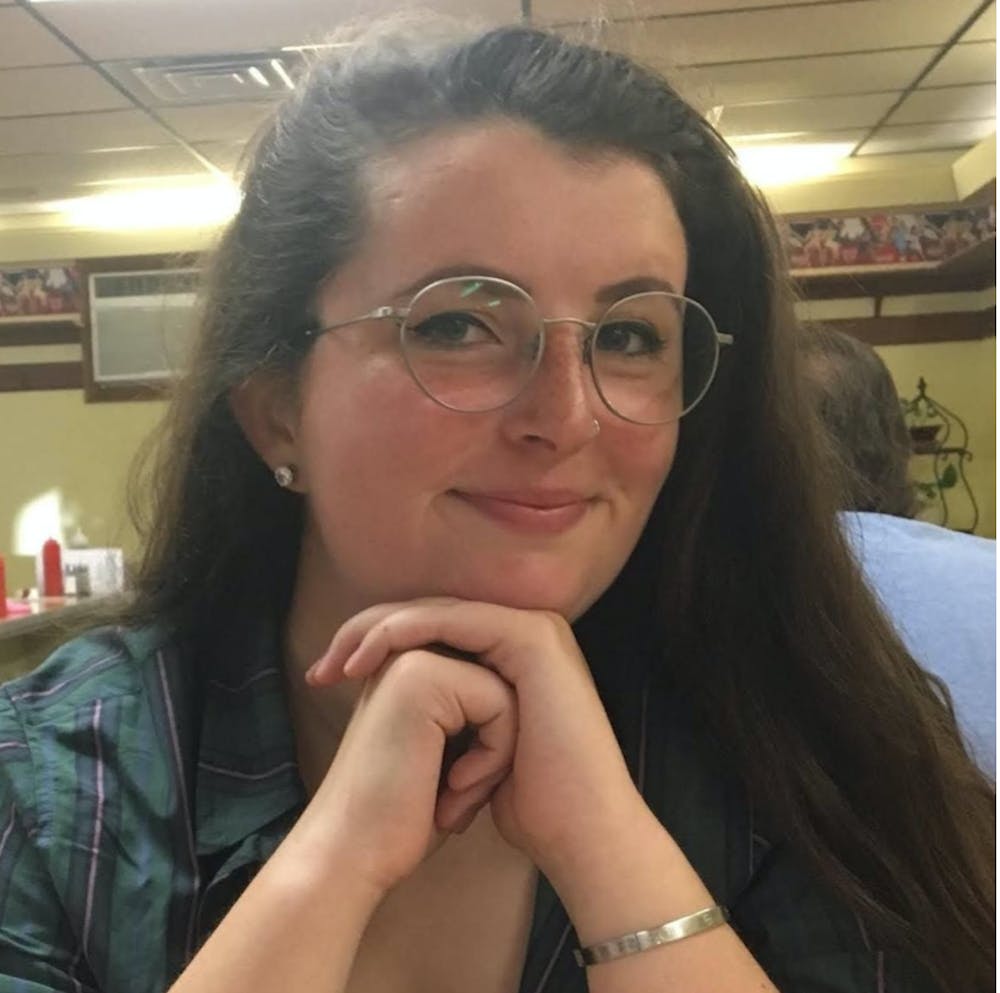Public health has naturally become a hot-button issue during 2020, due to the ongoing novel coronavirus pandemic. A field that’s existed since people understood illness in any capacity, public health is one marked by creativity, quick turnaround, analysis and interpersonal skills. It undoubtedly requires a variety of perspectives to survive, both academic backgrounds and personal experiences. However, health is both highly technical and personal. Implementing public health programs and policy measures, specifically large-scale health administration, requires some level of working knowledge, whether it be technical or personal, for success.
The modern study of public health as we know it can be linked to John Snow, a doctor in 1850s London who traced and stopped a cholera outbreak in a Soho neighborhood. This famous case study, Broad Street pump, is attributed to the beginnings of epidemiology, a cornerstone of the public health discipline. Unequivocally, this changed health approaches for the better.
But this isn’t about epidemiology; it’s about what John Snow did interpersonally: He had the community members tend to the needs of the community. Through bringing in beloved and respected community stakeholders, Snow was able to contact trace. And that’s the lost art of public health.
In addition to knowing what medicine (at the time) was, John Snow set precedent that the most effective interventions are those established by the community in collaboration with known science. And that’s where President Sylvia Burwell shines. She’s been revered as an incredible manager, particularly adept at making relationships with anyone at nearly every professional level. Her ability to listen and process what U.S. presidents and technocrats want is useful, no doubt.
But, this isn’t the 1850s - we need more than that. Her lack of formalized health education speaks to the importance of formalized social academics. Her willful ignorance of all that public health can be is dangerous; the AU students who follow suit are as well.
On Burwell’s long and outstanding resume are various roles regarding the expertise of politics, management and finances. From serving in the Clinton White House to the Bill & Melinda Gates Foundation, the former Secretary of Health and Human Services knows about people and their politics. What she lacks is a resounding knowledge of social impacts on health, outside of literal medicine and health care. Her lack of complete understanding of social determinants of health and moralized health issues has led to misinformation and downright bad calls. Her perception on public health is synonymous with biomedicine. Not understanding the difference nor fighting to differentiate the two is problematic at best and lethal at worst. By not embracing the use of a drug to reverse overdose in dorms, she has made it clear that the only valuable public health work is that measured in biomedicine.
Harm reduction is a social justice practice, aimed at reducing the negative impact and consequences of sex and/or substance use. Its longstanding history is effective as a community health tool to preserve the livelihood of folks who have been overlooked by administrators and technocrats in government.
Burwell, a health leader in our own community, has effectively stated that she doesn't support our community caring for ourselves, through harm reduction practices including naloxone, a drug used to reverse opioid overdose.
For example, on an episode of the AWOL podcast Ripped from the Wall, which focuses on substance use at AU, Burwell was asked about whether naloxone has a place in dorms. She said that, “the use of naloxone, this is a very serious drug in terms of what it does, and it is used in the most acute situations to prevent death. ... This is not a drug that one would want to use lightly or use often, in terms of what it does and how it works.”
Burwell is right that naloxone is meant to prevent death, but that’s only one of the ways it works. Its singular purpose is to reverse an opioid overdose. There has been science saying repeatedly, with information available at the time of her quote, that there is no potential addiction to the antidote. While this does bleed into biomedical health, naloxone is the perfect evidence of tangible harm reduction. The risk of death for someone overdosing on opioids is worse than the risk of having a bad reaction to naloxone.
This isn’t to bash Burwell’s passion for health care and better health outcomes. It’s something we can all agree on. But to ignorantly support her lack of information and misinformation would be a disservice, if not a danger, to those listening to her and prominent public figures like her. Burwell is the perfect case for health education of some kind. While it doesn’t necessarily need to be in the classroom, an understanding of what folks go through and how they persevere is crucial to public health administration.
By understanding neither the technical capacities, nor the communal assistance of cohorts, administrators and leaders can seriously damage the health outcomes of the communities they serve. This is particularly relevant with COVID-19 and student, faculty and staff livelihood being centered around these decisions. By not knowing us or what we experience, their calls can damage us irrevocably. In an era of public health uncertainty, it is time to change the notion that ignorance is bliss, particularly from an expert.
Therese Wilson is a senior in the School of Public Affairs, majoring in political science and public health and a staff columnist at The Eagle.





